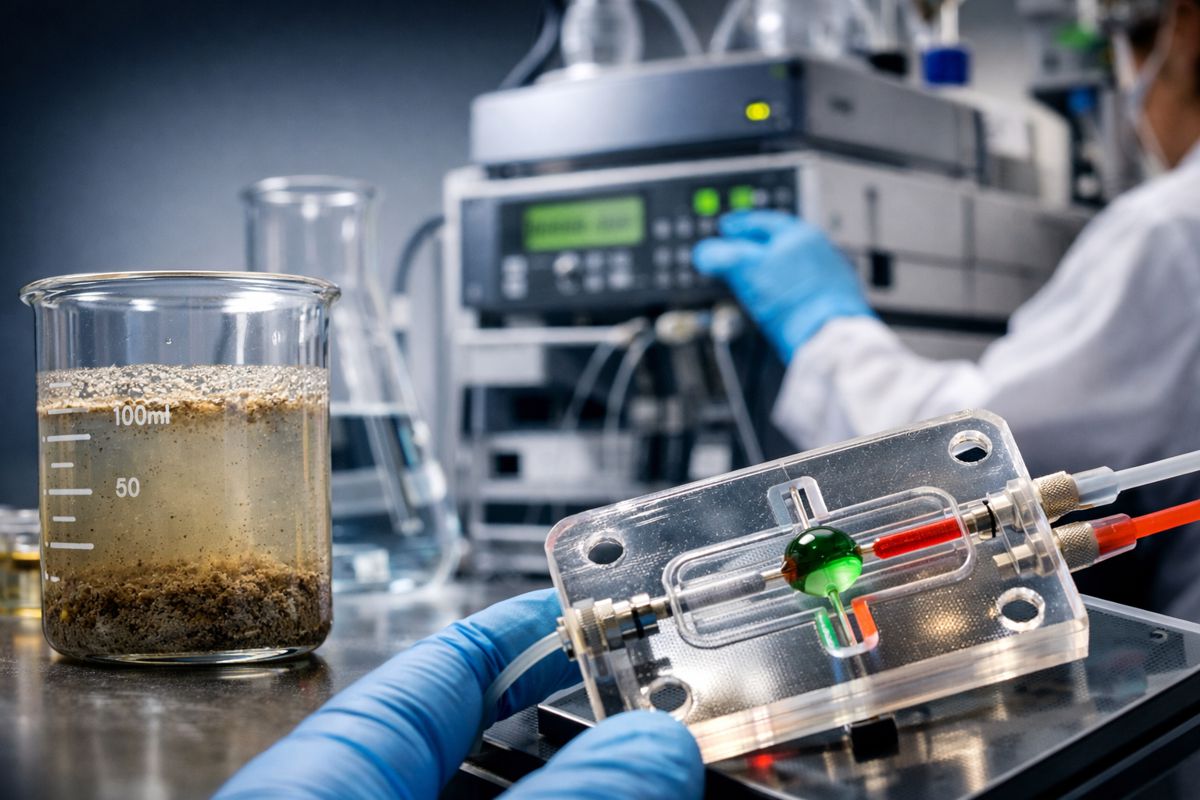CodiKoat Virus-killing coatings deliver bio-safety to Public Touchscreen Displays
Cambridge Biotech firm CodiKoat has developed a self-cleaning protective coating that can help clean up “filthy” public touchscreen devices and protect against viruses.
Tests conducted by London Metropolitan University found that publicly used touchscreen devices, such as those used in fast food restaurants, often house a host of harmful, disgusting bacteria that can cause serious illness and even included traces of faeces.
From supermarket checkouts to cash machines and public transport, there is a growing reliance on self-service and touchscreen machines in our daily lives.
These devices can be used thousands of times per day but even the most robust cleaning procedures still rely on human intervention. Constant re-sanitisation is a serious resource-drain for businesses, who could not possibly hope to clean the devices after every use.
To fight the filth, CodiKoat have developed a ground-breaking antimicrobial protective coating that uses nanotechnology to remove 99.9% of harmful bacteria and virus particles from surfaces within seconds of contact.
The remarkable coating is self-cleaning and incredibly durable, offering the same outstanding ongoing protection for users no matter how frequently it’s used.
Best of all, it can be applied easily to any touchscreen device via a transparent adhesive film, or be implemented straight into the manufacturing process – with no drop in touchscreen performance.
To help bring this amazing coating to the masses, CodiKoat have entered into a partnership with two world-leading UK-based manufacturers.
Keeling & Walker will produce specialist pigments that will form part of the protective coating, while BDK will lead on printing and producing the adhesive film.
A prototype of the adhesive film product was previously tested at London’s Royal Opera House, where a pilot scheme saw samples touched over 2 millions times over three months, with no drop in its antiviral capabilities.
Partnering with both BDK and Keeling & Walker, the aim is to now produce a fully transparent adhesive film that will offer the same incredible protection and not interfere with the displays of touch screen devices.
CodiKoat Co-Founder Payam Nahavandi, said: “We’re thrilled to be taking on this challenge with incredible partners like BDK and Keeling & Walker. These devices are used millions of times per day globally and we believe this development can help protect the public and reduce the resource strain on millions of businesses worldwide.”
BDK`s Director Nick Falconer, said: “We are very excited to work with the CodiKoat team on a ground-breaking global solution to help clean up the world!”
Dieter Guhl, Managing Director of Keeling & Walker, added: “We look forward to a successful cooperation with CodiKoat and BDK to create a highly functional solution for a cleaner and safer environment.”





























